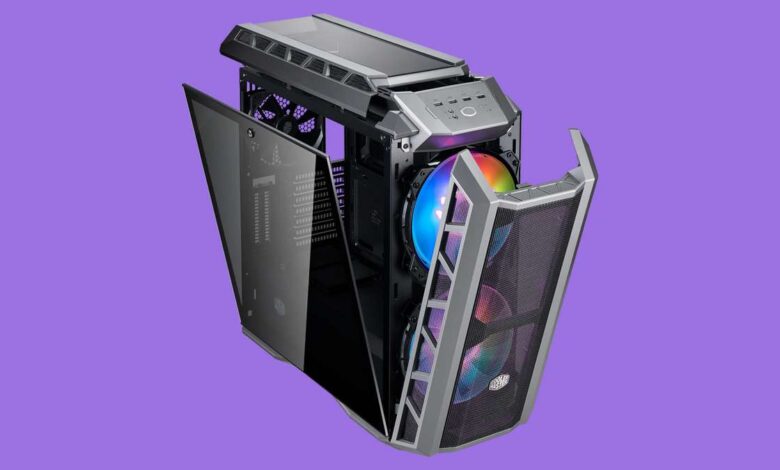PC Cases: Common Questions You Need to Ask

If you are a gamer or like to build computers of their own, you already know about the PC cases and their types. But, if you are a newbie to computer building, then here is what you should know about them.
A PC case, also known as computer chassis, is the enclosure that houses most of the components of a desktop computer. It protects the internal hardware and allows for efficient heat dissipation. Finding the perfect case for your next computer can be a hassle if you are unaware of the features, specifications, and building process.
This blog will talk about some of the most common questions about PC cases, like the mini-ITX PC case. It will cover topics such as what benefits a PC case can provide and which factors to consider when purchasing one.
Why Build Your Computer?
There are several benefits of building your computer.
- First, you can choose the components you want and make sure they are compatible.
- Second, you can save money by buying components individually rather than purchasing a pre-assembled computer.
- And lastly, you can learn about the inner workings of a computer and how each component interacts with the others.
What Is A PC Case?
A PC case, or computer chassis, is the enclosure that houses most of the components of a desktop computer. It protects the internal hardware and allows for efficient heat dissipation. Chassis are made from plastic, aluminum, steel, and tempered glass materials.
What Are The Types Of PC Cases?
There are three main types of PC cases: tor, mini-tor, and desktop. Tor cases are taller than mini-tor cases and tend to have more drive bays (slots for installing drives such as hard drives or optical drives). Mini-tor cases are more petite than tor cases and are more suitable for smaller form-factor motherboards. Desktop cases are the smallest type of case and are meant to be placed on a desk or another surface.
What Benefits Does A PC Case Provide?
A PC case protects your internal components, helps with heat dissipation, and can give your computer a unique look. Some cases also include features such as RGB lighting, water cooling support, and extra slots for drives. Cases come in distinct shapes and sizes, so you can find one that fits your needs.
What Are A PC Case Dimension?
The dimensions of a PC case vary depending on the type and size of the case. Hover, most cases have widths and heights between 18 and 24 inches, with depths between 16 and 22 inches.
Are There Any Restrictions on What Components to Use with a Certain Case?
There are no restrictions on what components can be used with a particular PC case. Hover, you should ensure that the case has enough space to fit all of your components.
Can You Install a Liquid Cooling System in A PC Case?
Yes, many PC cases include mounting points for liquid cooling systems.
What Is the Difference Between A PC Case and A Motherboard?
A PC case protects the internal components, while a motherboard provides the electrical and logical connections for these components. A motherboard also includes connecting peripherals such as keyboards, mice, monitors, and speakers.
Factors To Keep in Mind While Buying a PC Case
There are multiple choices to pick from when it comes to PC cases, like the mini-ITX pc case, which can confuse even an expert PC builder. So, if you are planning to make your PC and want to choose the best-suited PC case, you should keep the following in mind:
- The Form Factor Of The Motherboard- The form factor of the motherboard will determine the size and shape of the PC case you need. Make sure to choose a case that is compatible with the motherboard.
- The Type of Case- There are three main types of PC cases: tor, mini-tor, and desktop. Choose the type of case based on your needs.
- The Number And Size Of Drive Bays- The number of drive bays will determine how many drives you can install in your PC case. Make sure to choose a case with enough drive bays for all of your components.
- The Cooling Potential- The cooling potential of a PC case is determined by the number and size of fans. Make sure to choose a case with adequate cooling for your needs.
- The Price- PC cases range in price from $50 to $500. Choose a case that fits your budget.
Now that you know the basics about PC cases, it’s time to start shopping for your next computer.